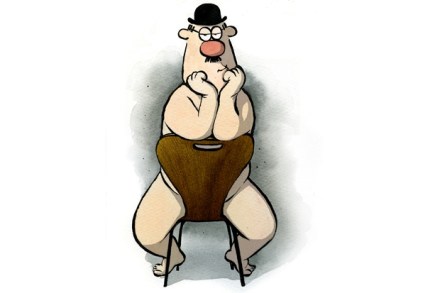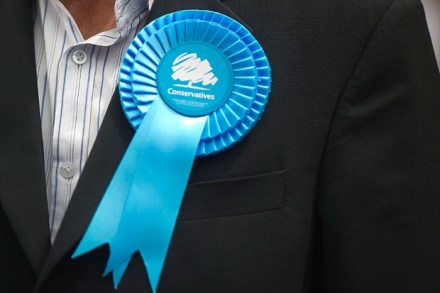The Olympics proves it: we are not all equal
An almost worldwide survey on penis length — the sort of thing I always read with a sense of trepidation and inadequacy — suggested that the countries boasting the largest of these flawed and devious appendages are all located in Africa. Especially West Africa, from the DRC down to the humid and still pristine jungles of Gabon. This suggests to me one of two things — either that the old racist cliché is absolutely true, or that Africans tell bigger lies than anyone else on the planet. Either or both of these explanations are likely to get me into trouble, so I suppose I’d better stop digging. Thing is, I


















